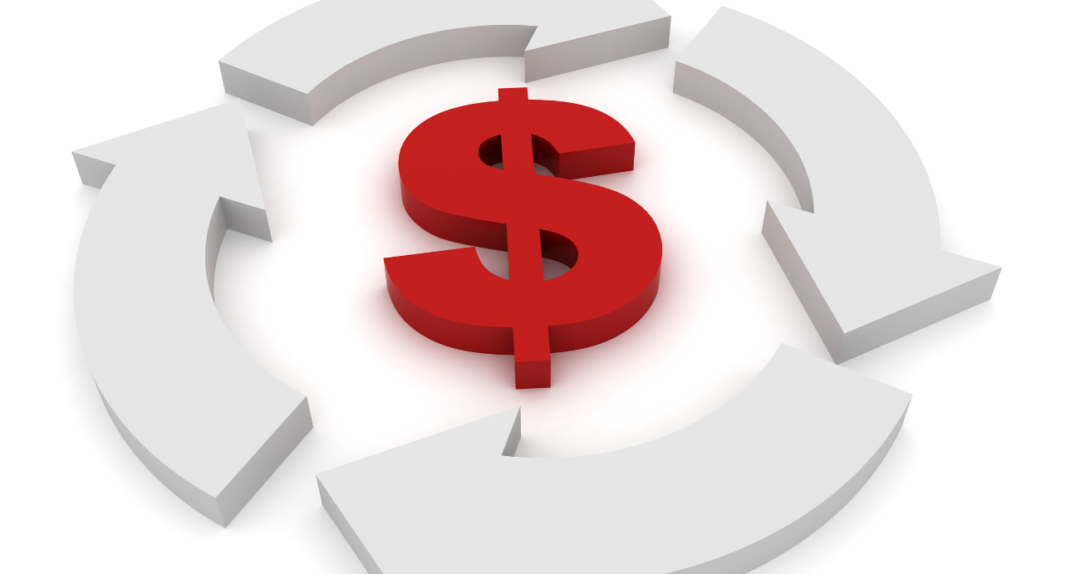Unlocking Market Secrets with Howard Marks
Unveiling the Investment Pendulum: Howard Marks’ Insight into Market Cycles in Real Estate and Other Assets

Renowned investor Howard Marks posits that markets operate in cycles driven by investor psychology, economic fundamentals, and capital availability. According to Marks, markets aren’t a random chaos but operate in cycles driven by investor psychology, economic fundamentals, and capital availability. It’s like a dance between greed and fear, affecting everything from stocks and bonds to real estate and cryptocurrencies.
In our previous post, we highlighted the distinction between asset price and value, emphasizing that market forces influenced by economic conditions and sentiment dictate what people are willing and able to pay for assets. Marks, in his investment writings, introduces the concept of a pendulum, suggesting that market sentiment swings between optimism and pessimism.
Applying market cycles to the current situation starting with the 2020 COVID pandemic, we observe the following phases:
Depression (and Opportunity) – 2020:
Marks acknowledges the possibility of a market reaching a point of depression characterized by fear, extreme pessimism, and undervaluation. During such phases, disciplined investors deploying capital may find attractive opportunities and this is where the real money is made. The COVID-induced shutdowns in 2020 led to a short depression, countered by stimulative rate cuts and easy money infusion by central banks.
Return to Prosperity and Euphoria – 2021-2022:
After a period of distress, economic and market conditions improve. Confidence is restored, and optimism returns. In the last cycle, rapid interest rate decreases and monetary infusion fueled a quick return to prosperity. This influx of capital led to a surge in speculative assets, such as technology stocks and cryptocurrency, as well as heightened activity in real estate investments.
Contraction/Downturn 2023-2024:
As economic expansion peaks, signs of excess and overvaluation emerge. Investor sentiment shifts from optimism to caution. The Federal Reserve responds by raising interest rates rapidly in 2022, causing market values to decrease. Riskier assets like tech stocks and cryptocurrency experienced a rapid decline, and with various real estate sectors in multifamily either plateauing or decreasing. Economic indicators turn negative, leading to a contraction in economic activity in 2023 and potentially continuing into 2024 and 2025.
In response to these downturns, the Federal Reserve adjusts by decreasing interest rates, starting the cycle anew. There are hints that this will begin with interest rate cuts later this year into early next year.

Conclusions:
Marks advises successful investing involves assessing where the market is in the cycle and adjusting strategies accordingly. He cautions against extrapolating current conditions into the future and advocates for a contrarian approach.
During times of prosperity and euphoria, question the assumptions that are made and determine what are the potential downside risks are. And in times of caution and pessimism, look closely for opportunities that the crowd is overlooking, or continue to stay the course and be disciplined knowing that the better times are around the corner.
Most, and even the most seasoned investors will find it difficult timing the market cycles. Thus most are best served if the following principles are followed:
- Making investment decisions with the long term in mind.
- Not investing relying solely on market appreciation.
- Do not get caught up in the euphoria during good times and invest out of FOMO and looking at potential downside risk.
- Diversification in number of different investments in a portfolio and types of assets that behave differently in various stages of the market cycles.
In summary, navigating market cycles requires a thoughtful approach, and understanding the nuances of the market’s pendulum can lead to more informed investing decisions.
If you want to talk about how you can build and preserve wealth and generate passive income like the ultra-rich, set up a time to talk with me

Download a copy of our free e-book here to learn how dentists and other professionals can replace their income by passively investing in real estate.
Join our Mailing List here: Subscribe
Visit our Facebook and LinkedIn pages, or join our newsletter mailing list for articles, updates, and opportunities.